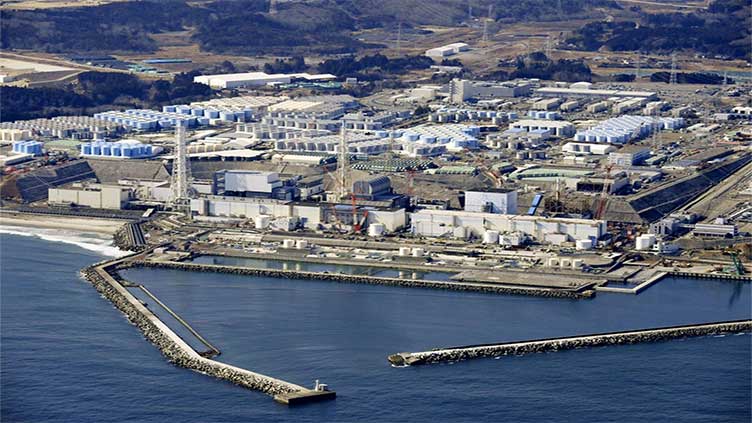Japan adopts plan to maximize nuclear energy, in major shift

World
Japan adopts plan to maximize nuclear energy, in major shift
(Web Desk) - Japan adopted a plan on Thursday to extend the lifespan of nuclear reactors, replace the old, and even build new ones, a major shift in a country scarred by the Fukushima disaster that once planned to phase out atomic power.
In the face of global fuel shortages, rising prices, and pressure to reduce carbon emissions, Japan’s leaders have begun to turn back toward nuclear energy, but the announcement was their clearest commitment yet after keeping mum on delicate topics like the possibility of building new reactors.
Under the new policy, Japan will maximize the use of existing reactors by restarting as many of them as possible and prolonging the operating life of aging ones beyond a 60-year limit. The government also pledged to develop next-generation reactors.
In 2011, a powerful earthquake and the ensuing tsunami caused multiple meltdowns at the Fukushima Daiichi plant - a disaster that supercharged anti-nuclear sentiment in Japan and at one point led the government to promise to phase out the energy by around 2030. But since then, the government has recommitted to the technology, including setting a target for nuclear to make up 20-22% of the country’s energy mix by the end of the decade.
Still, restart approvals for idled nuclear reactors have come slowly since the Fukushima disaster, which led to stricter safety standards. Utility companies have applied for restarts at 27 reactors in the past decade. Seventeen have passed safety checks and only 10 have resumed operation.
According to the paper laying out the new policy, nuclear power serves “an important role as a carbon-free base load energy source in achieving supply stability and carbon neutrality” and pledged to “sustain the use of nuclear power into the future.” Prime Minister Fumio Kishida said he planned to get the Cabinet to approve the policy and submit necessary bills to Parliament.
As part of the new policy, the Economy and Industry Ministry has drafted a plan to allow extensions every 10 years for reactors after 30 years of operation while also permitting utilities to subtract offline periods in calculating reactors’ operational life.
The plan was endorsed on Wednesday by the Nuclear Regulation Authority, Japan’s nuclear watchdog. New safety inspection rules still need to be put into law and approved by Parliament.

